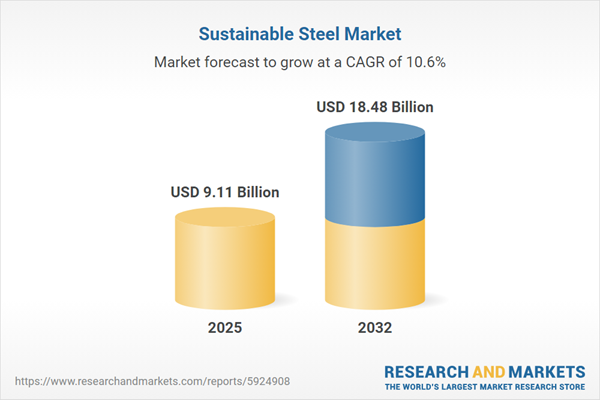Summary
HONG KONG, Oct. 9, 2025 /PRNewswire/ — Mens shirt brand DETERMINANT has been selected to participate in the Retail4Impact initiative, led by the Consumer Info…
Source: manilatimes.net

AI News Q&A (Free Content)
Q1: What is the Retail4Impact initiative, and how does it aim to combat greenwashing?
A1: The Retail4Impact initiative is designed to support brands in making credible environmental claims and combat greenwashing. It involves collaboration among various stakeholders to ensure transparency and accountability in environmental marketing, aiming to eliminate misleading practices that falsely portray products as environmentally friendly.
Q2: How does greenwashing affect consumer trust and market dynamics?
A2: Greenwashing can significantly undermine consumer trust as it involves misleading claims about a product's environmental benefits. This practice can distort market dynamics by rewarding companies that falsely advertise sustainability, thus discouraging genuinely sustainable practices and innovations.
Q3: What role does the A3CG dataset play in ESG analysis according to recent research?
A3: The A3CG dataset, as introduced in recent research, enhances ESG analysis robustness against greenwashing by linking sustainability aspects with corresponding actions. It facilitates transparent evaluation of sustainability claims, grounding insights in verifiable actions rather than vague rhetoric, thus improving the reliability of ESG assessments.
Q4: How does the DCarbonX application address greenwashing in the carbon market?
A4: DCarbonX is a decentralized application that addresses greenwashing by utilizing blockchain technology for transparency and traceability in carbon credit trading. It ensures accountability and prevents record duplication by logging impact and transactions, contributing to more reliable and verifiable carbon markets.
Q5: What is the concept of crosswashing in sustainable investing?
A5: Crosswashing refers to a strategic practice where companies invest in sustainable activities to artificially boost their ESG scores, thus presenting an inflated image of their ethical practices. This form of greenwashing often goes unnoticed in existing ESG assessments, potentially misleading investors and stakeholders.
Q6: Why is there no harmonized definition of greenwashing, and what are the implications?
A6: The lack of a harmonized definition of greenwashing stems from its subjective nature, as companies may employ various strategies to appear environmentally friendly. This ambiguity complicates regulatory enforcement and allows some organizations to exploit grey areas, making it harder for consumers to discern genuine sustainability efforts.
Q7: How can consumers identify and avoid greenwashed products effectively?
A7: Consumers can identify greenwashed products by researching the company's overall environmental track record, looking for third-party certifications, and being skeptical of vague or overly broad environmental claims. Access to transparent and verifiable information is crucial for making informed purchasing decisions.
References:
- Greenwashing - Wikipedia
- Towards Robust ESG Analysis Against Greenwashing Risks: Aspect-Action Analysis with Cross-Category Generalization
- DCarbonX Decentralised Application: Carbon Market Case Study





